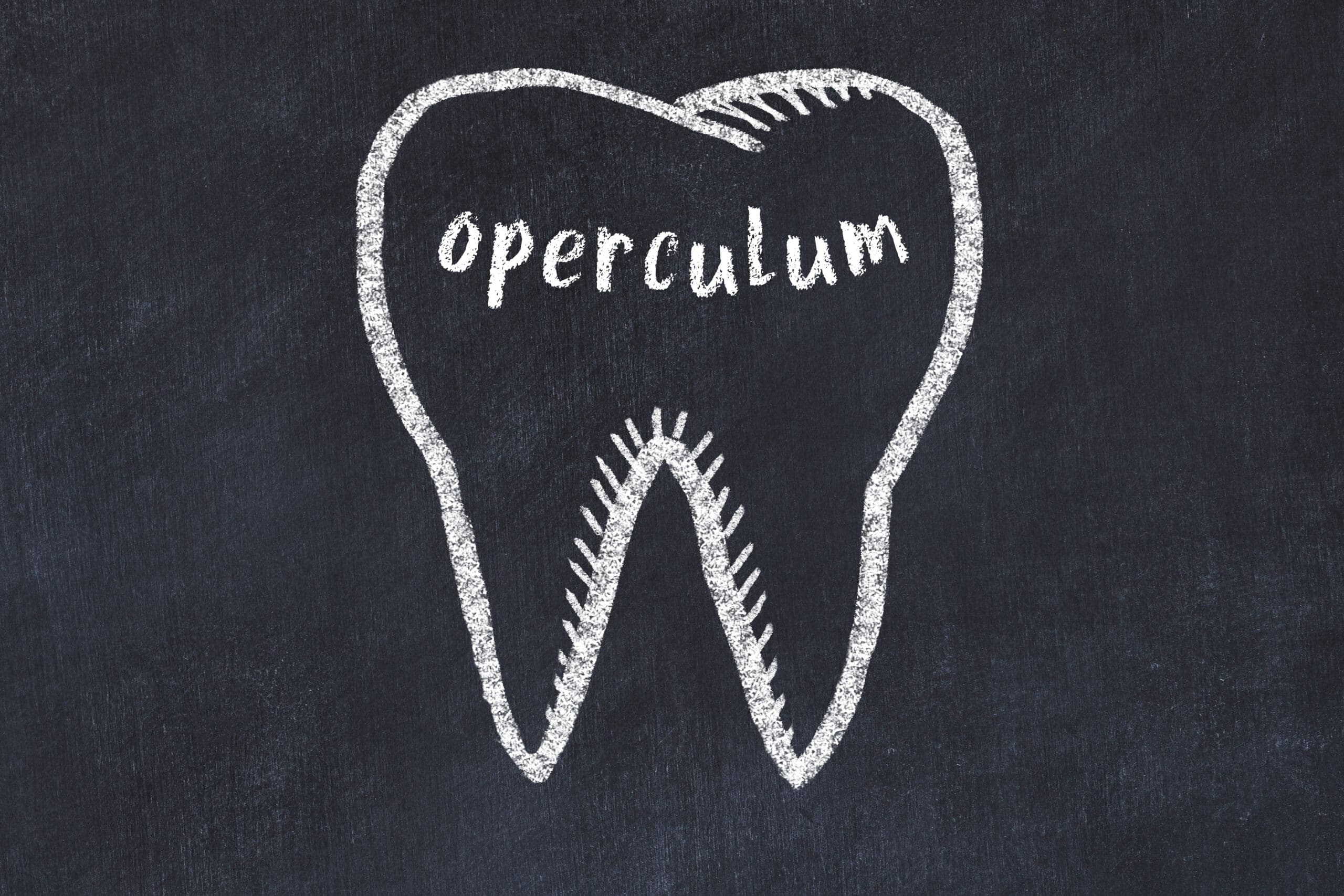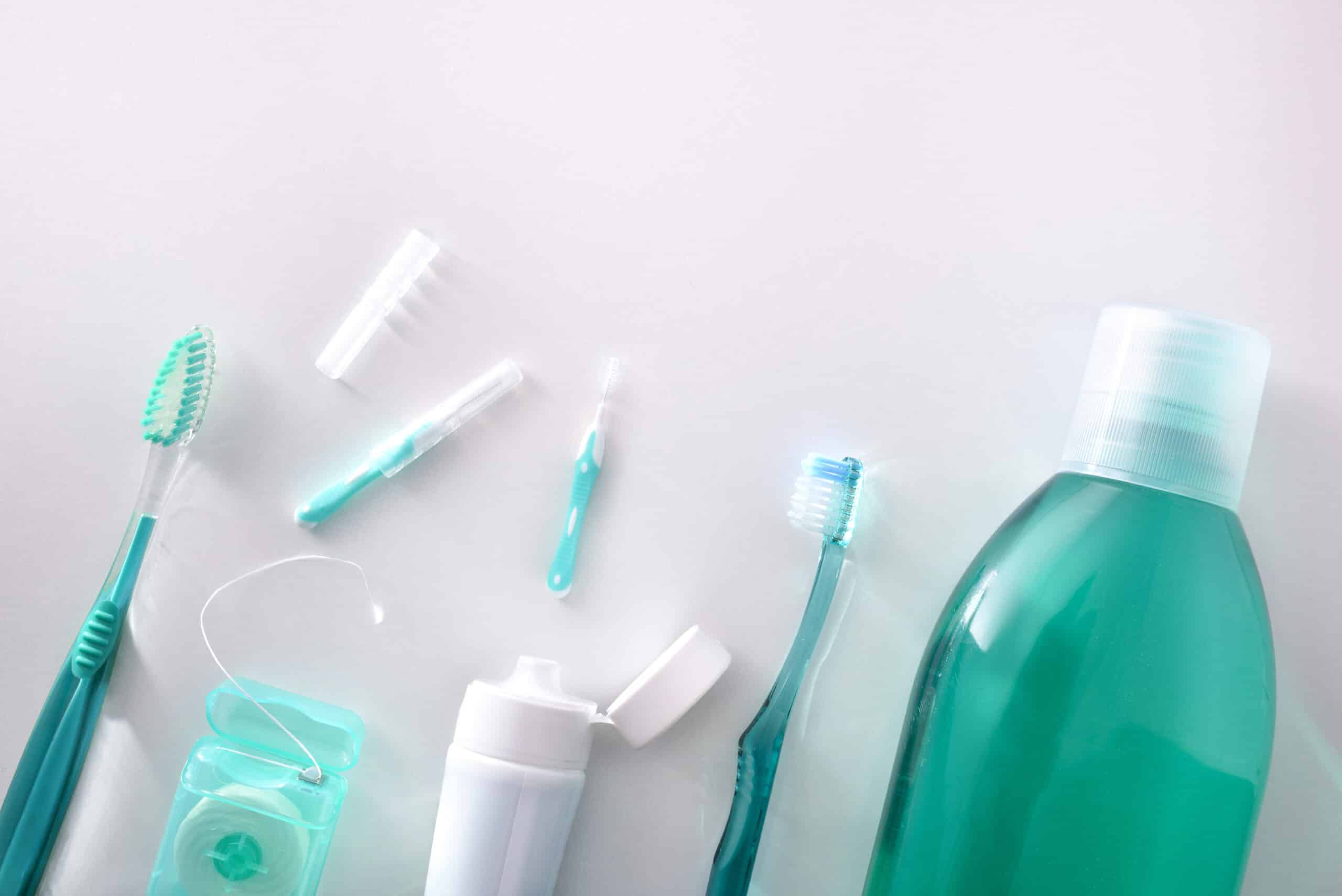Tooth enamel is something most of us take for granted on a daily basis, much like every other important bodily function. It’s only when we experience issues with our teeth do we realize just how important it is.
The irony is that tooth enamel is one of the strongest substances found in the human body. But despite this, it can still wear down over time thanks to erosion and enamel loss.
Is there a way to prevent this and what causes enamel erosion? Is it possible to restore your teeth back to their former health? Learn it all in this blog.
The Important Function of Tooth Enamel
The role of tooth enamel is probably the most important in the physiological makeup of your teeth. It protects your teeth against all types of daily use, such as biting, chewing, crunching, consuming warm and cold drinks, as well as highly acidic foods. It also acts as a barrier against bacteria, gut acids, and more.
In essence, enamel acts as the ultimate insulator which protects the dentin beneath it. But what’s important to know about tooth enamel is that it’s devoid of living cells. This means that when tooth enamel becomes damaged, it cannot grow back or repair itself.
This sound pretty dire, doesn’t it? But there are options to help protect against enamel erosion, as well as replacing missing enamel.
The Top Causes of Enamel Loss
Enamel loss is basically the same thing as enamel erosion. In short, it means that your teeth become all the more vulnerable as they lose their all-important enamel layer. So, what causes missing enamel anyway?
- Excessive consumption of soft drinks that contain citric and phosphoric acids. These acids feed the bacteria in your mouth which builds over time, especially if you neglect your oral health
- Excessive consumption of acidic fruit juices which contain high amounts of erosive compounds
- A large intake of sour foods or candy which also contain high levels of acid and sugar
- A high sugar, starchy diet
- A condition known as xerostomia which inhibits the production of saliva, leading to a dry mouth. Saliva plays an important role in balancing acid levels in the mouth and protecting your teeth
- GERD — also known as acid reflux disease which brings stomach acids up into the mouth, leading to enamel erosion
- Issues with your gastrointestinal tract
- Psychological disorders, such as bulimia, which also exposes your teeth to corrosive stomach acids due to repeated vomiting
- The misuse of alcohol and binge drinking
It’s worth noting that there are several environmental factors that can also cause enamel erosion. Most of the time, wear and tear, friction or grinding of teeth is attributed to stress, also called bruxism, where people grind their teeth in their sleep.
Other forms of stress such as abrasion from brushing your teeth too hard, or abfraction caused by cracks or fractures in the teeth can lead to enamel loss.
Can Plaque Cause Enamel Erosion?
It’s worth noting that most people, at any given time, have a certain amount of plaque in their mouths. This is natural thanks to how often we eat and drink throughout the day. Plaque is basically a type of film that’s comprised of bacteria, food particles, and your saliva.
It builds up throughout the day and tends to sit between your teeth, inside small holes (pits) in your molars, and in your gum line. But with proper oral hygiene, you can remove plaque from your mouth.
If you don’t maintain a good oral hygiene routine, this is when plaque can lead to tooth enamel erosion. When enough plaque builds up in the mouth it starts to produce acids that eventually eat away at the healthy enamel and other minerals in your teeth.
Once enamel pits form in your teeth, they will grow in size as the amount of plaque builds in your mouth. This shows that plaque is not always to blame for enamel loss if you have a good oral hygiene regimen. But if you don’t, it certainly can lead to it.
Can You Restore Eroded Teeth?
Is it possible to restore teeth that have lost a good amount of enamel? The good news is that you definitely have options. While it’s not possible to fully rebuild enamel or replace it, a process called remineralization can improve mineral content if the enamel erosion is only minor.
This might include changing up your diet and avoiding highly acidic, sugary, and starchy foods while your teeth heal. As well as incorporating a good fluoridated toothpaste into your regimen. Fluoride is an especially effective substance that helps to protect your teeth and weakened tooth enamel.
Otherwise, for more advanced instances of enamel loss, there are cosmetic dentistry procedures to restore the health and aesthetics of your teeth. Some of the most popular options include:
- Dental bonding — during this process your dentist applies a tooth-colored bond to your teeth. The bond hardens under a specialized light and becomes a permanent fixture, restoring the strength, health, and color of your teeth. Dental bonding is best if you have chipped or cracked teeth, too
- Dental veneers — this is a thin layer of material (usually porcelain or composite) placed over the front of your tooth. Veneers are the best option for stain resistance and a long-lasting result
- Dental crowns — similar to veneers, dental crowns cover affected teeth, except they fit over the entire tooth, rather than just the front.
Dental crowns are the best option if you have severely eroded teeth. They are the ideal choice for a long-lasting solution to restoring the functionality and strength of your teeth.
Looking for a Dentist in Mississauga?
Are you facing the reality of tooth enamel loss? Some of the most obvious symptoms include tooth sensitivity, tooth discoloration, chips and cracks in the teeth, and cupping — small indentations on the surface of the teeth.
Your best bet is to get in touch with a dentist, sooner rather than later, in order to catch tooth enamel erosion early. If you’re looking for a dentist in Mississauga, contact Limelight Dental for your next consultation.




